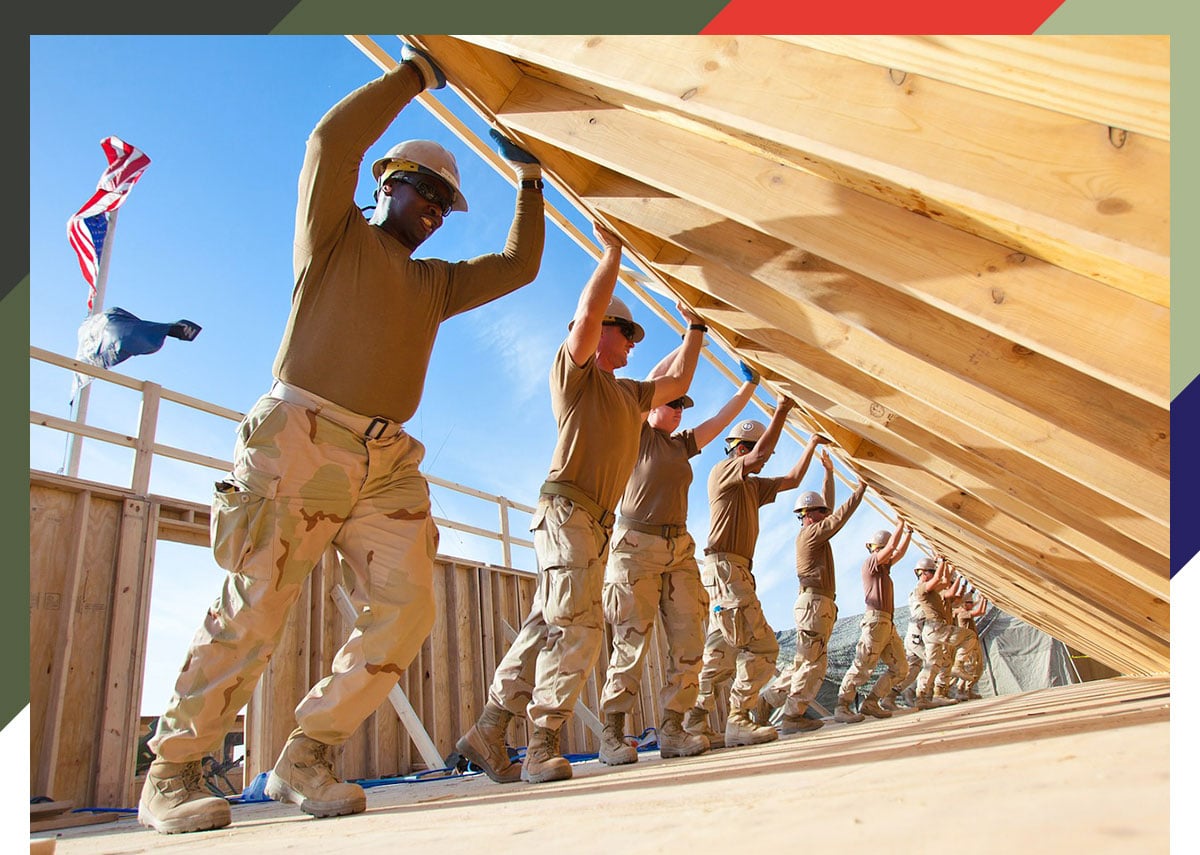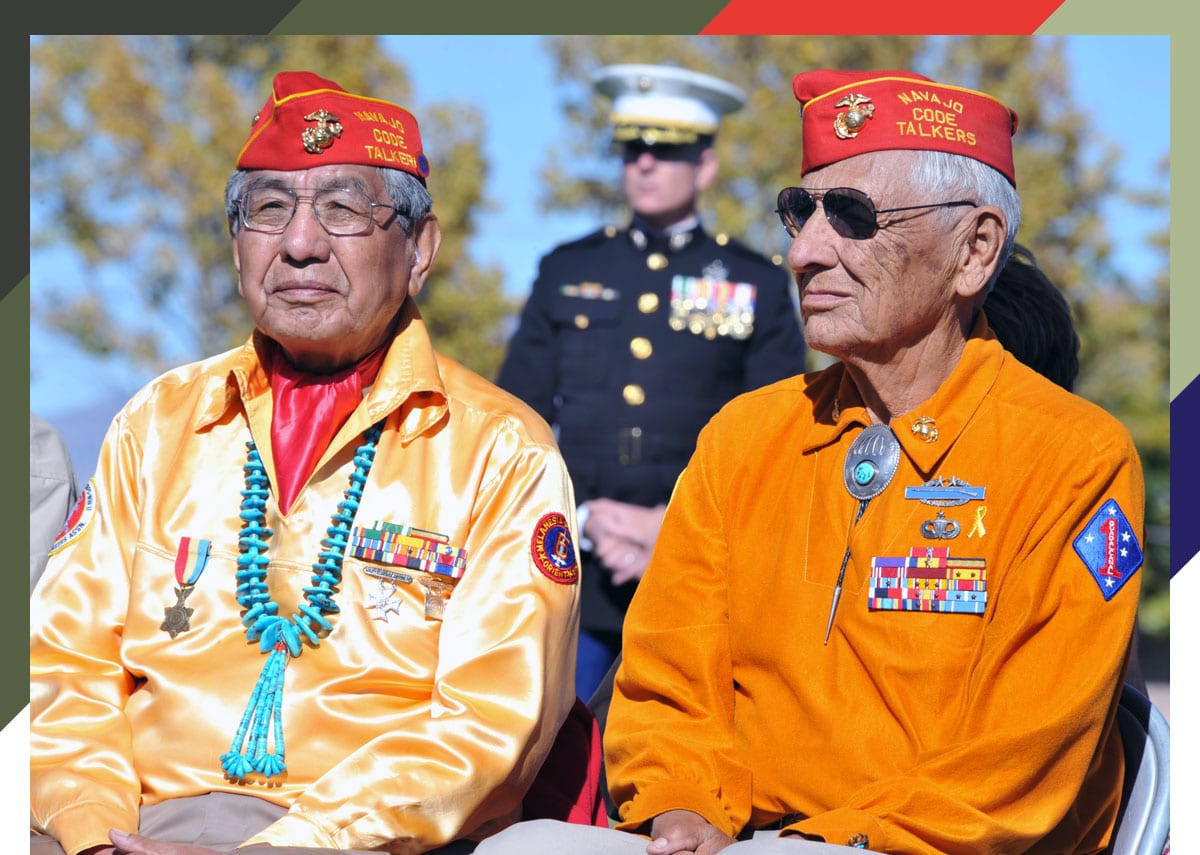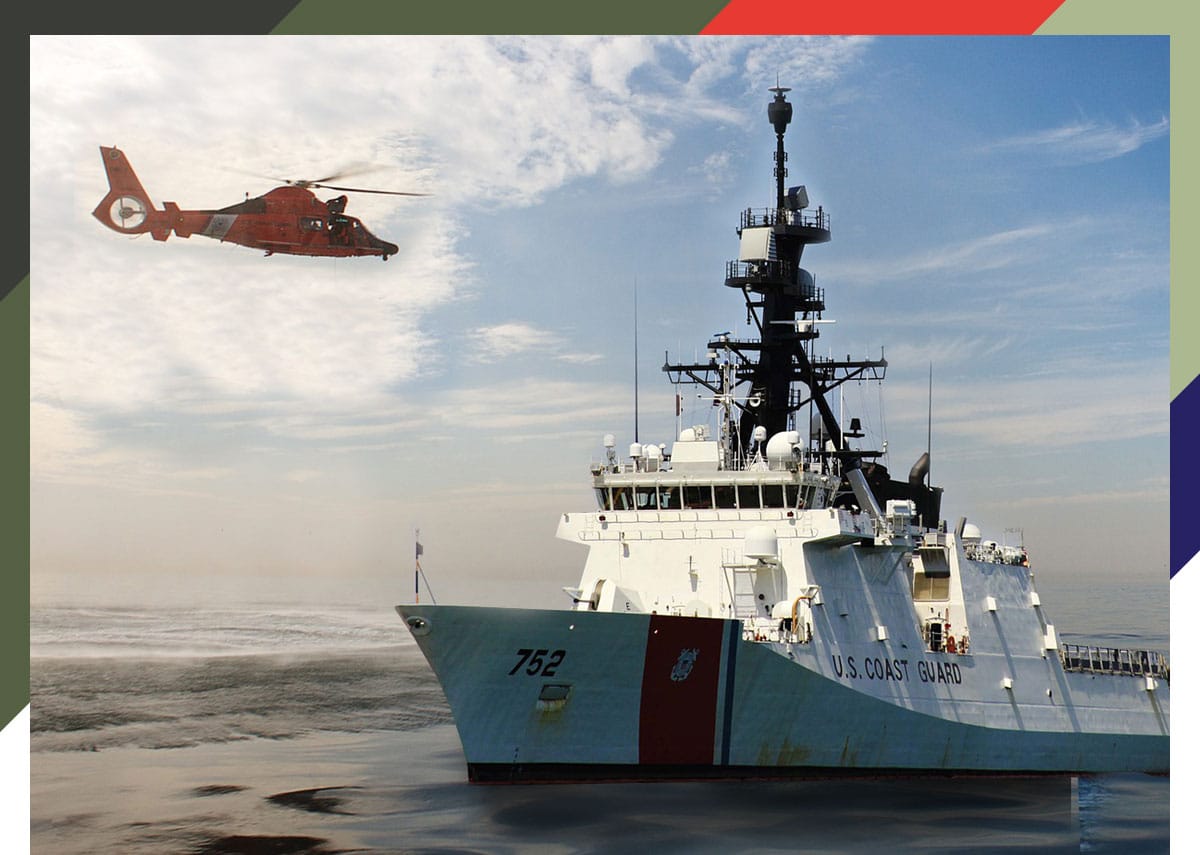Humans are social creatures. Sociologists and archaeologists have uncovered proof that even ancient humans lived together, hunted together, and enjoyed social activities. These preferences for socialization are thoroughly ingrained in our daily lives. They provide us with parts of our identity and teach us skills to lead successful lives. Having human connection is so vitally important, and for many reasons. Joining the military can feel isolating, especially as deployments put unimaginable physical distance between soldiers and their families and other loved ones. Thankfully, part of being in the American armed forces is the camaraderie and team spirit among military branches and units. Discharging from the military, then, can be quite difficult, as veterans are forced back into the civilian world among people who don’t fully understand their experiences. So, how can armed services members and veterans still get the valuable human connections and understanding they need when faced with a sense of isolation? And what does human connection look like? This month, My Hero Crate explores this important topic.
Depending on the environment you grew up in, your personal preferences, and your mental state, human connection may look different to you than it does to others. Data from university research shows that simply having access to a supportive person is sufficient to help someone adapt to stress — including stress of a new lifestyle. In this case, there is no physical, ongoing human connection, but just the knowledge that it is available. Sometimes, people who are particularly independent need only this to feel connected. However, other people require more intensive interaction to feel a sense of belonging and safety. Human connection looks different to everyone.
Having a support system and feeling a sense of belonging is not only necessary to human development, but it also helps our health.
So how can military veterans or current personnel get the most from their opportunities for human connection? Here are a few ways you may find appealing:
-Support groups for veterans -Volunteer opportunities for a cause you support -Living near or with a family member or other loved one -Weekly family dinners if you live separately -Participating in therapy with a counselor or in a group session -Joining a club or enrolling in a continuing education class -Working a job with supportive coworkers and bosses -Choosing a hobby that requires interaction with others
For family members who are far away from their loved ones in the military, showing your support can help remind your favorite soldier that you’re there for them. My Hero Crate’s military care packages can help you do that. Select a care package of your choice, and we’ll send it to your hero, no matter where they’re stationed.
A Care Package from My Hero Crate Can Help Provide It
Perception of Human Connection
The Benefits of Belonging
The lack of human connection has been shown to be more harmful to your health than obesity, smoking, and high blood pressure individually. Connections also can relieve feelings of anxiety and depression and help us regulate emotions. When we feel a sense of belonging or that people care about us, we tend to have higher self-esteem. People who feel they have strong support systems, including friends and family, tend to have stronger immune systems, too!
Human connection can also help you live longer. A review of 148 separate scientific studies with more than 300,000 participants shows that those with stronger social relationships had a 50 percent increased likelihood of lengthier survival times. These results remained true across a number of factors, including age, initial health status, and cause of death.
Social connectivity and a sense of belonging also decrease the risk of suicide. Although quite a few factors lower the risk of suicide, one of these is connectedness. According to the Centers for Disease Control and Prevention, connectedness is, “the degree to which a person or group is socially close, interrelated or shares resources with other persons or groups.”
Healthy relationships, friendships, and close family ties are proven to reduce the risk of suicide. This connection, then, is especially important for a demographic like military veterans, of whom 22 die of suicide per day and up to 30 percent suffer from post-traumatic stress disorder.
Getting the Connection
Show Your Support and Caring with a Military Snack Box
Order a care package today to stay connected to your hero.
Month: August 2020
All About the Navajo Code Talkers
Celebrate Every Day with Care Packages from My Hero Crate
This year, Navajo Code Talkers Day is recognized on August 14. It’s a special day honoring the contributions of Native Americans during World War II and their contributions to the evolution of the U.S. Code related to Native American languages, as well as First Nations tribe members who participated in the U.S. military.
There is some confusion around this day, and we think it’s worthwhile to clear up some misconceptions and celebrate our First Nations heroes for their contributions to military forces.
Were Navajo Code Talkers all from the Navajo tribe?
Navajo Code Talkers Day doesn’t single out the Navajo tribe for recognition. The name of the holiday — and the code, too — are kind-of misnomers. Navajo code is a broader term for the coded speech used to fool Nazis and Japanese Imperial forces during World War II. Navajo code depended on the complex Navajo language, and it remains one of the only codes used by the U.S. military to have never been broken during conflicts.
Other tribes associated with the World War II efforts include the Cherokee, Choctaw, Comanche, and Hopi.
When was First Nations Code first used?
Some sources say First Nations languages were used as early as World War I, when the Choctaw language was used to code a message in preparation for an attack on German forces. The CIA even claims other countries may send their military members to the U.S. to study the Code after World War I.
Why was the Navajo language used?
Philip Johnston partnered with the U.S. Marines because of his expertise in the Navajo language. He’d been living on Navajo reservations since he was a child, and had the idea to create a security code based on the complex Navajo language. The Marine Corps knew they needed native speakers for the project to be a success, so they recruited 29 members of the First Nations.
Non-native Navajo speakers, like Johnston, are extremely rare. The Code was made even more secure by encrypting communications using Navajo as a word-substitution code. It utilized common cryptography games to apply to war. For example, Navajo bird names were applied to weapons of war.
What did the Code Talkers accomplish?
Aside from assuring the security of American military secrets, the Code Talkers could translate, send, and retranslate a coded message in about 150 seconds, an incredible feat that would normally have taken hours. Military history experts believe the U.S. may not have won the Battle of Iwo Jima without the Code Talkers.
Recognizing Code Talkers Today
The Navajo Code Talkers program was declassified in 1968, but it wasn’t until 1982 when President Ronald Reagan established Navajo Code Talkers Day. In 2000, President Bill Clinton awarded Congressional Gold Medals to 29 Code Talkers, followed by President George W. Bush, who presented medals to even more.
There were about 400 Navajo Code Talkers in total. As of 2019, only five were still living: John Kinsel Sr., Samuel F. Sandoval, Joe Vandever Sr., Thomas H. Begay, and Peter MacDonald.
How to Celebrate
Although the likelihood of you personally knowing any surviving Navajo Code Talkers is rare, you can still acknowledge the day by remembering and talking about their contributions to the U.S. military’s victory in World War I and World War II.
At My Hero Crate, we think every day is a good day to thank a military hero. Express your gratitude to yours with a military care package from My Hero Crate.
About the image above:
Members of the Coast Guard You Should Know
Send Your Hero Military Care Packages for All Branches of the Armed Forces
The Coast Guard is the oft-overlooked brother of the United States’ eight uniformed armed forces. These heroes defend the coast, conduct search-and-rescue missions, and enforce maritime law. That’s important business!
Just like every other branch of the military, there are famous Coast Guard veterans who served this country and became heroes. These are their stories.
Signalman First Class Douglas Munro
Called “the ultimate hero of the Coast Guard,” Canadian-born Munroe died on Guadalcanal on September 27, 1942. He commanded a group of Higgins boats in the battle and was responsible for the safe evacuation of more than 500 Marines who came under heavy fire. He used his boat as a shield. After he was wounded, his last words were, “Did they get off?” Munro knew his mission, and he gave his life to save hundreds of others.
He was posthumously awarded the Medal of Honor, the highest U.S. personal military decoration, the only member of the U.S. Coast Guard to receive the award for service in this military branch. He is also the only non-Marine to have his name on the Wall of Heroes of the National Museum of the Marine Corps.
Ida Lewis
Before the Lighthouse Service was combined with the Coast Guard, Ida Lewis spent 39 years as keeper of Lime Rock Lighthouse in Rhode Island, and an additional 15 living and working there. She is credited with saving 18 lives, her first when she was just 12 years old, and her last at 63, and was one of the first women in the Lighthouse Service.
Lime Rock Lighthouse was renamed Ida Lewis Light in her honor, along with a coastal buoy tender. She received a silver medal from the Life Saving Benevolent Association of New York, and earned a Gold Lifesaving Medal for her heroic actions.
Petty Officer 3rd Class Nathan Bruckenthal
Nathan Bruckenthal and a team of Navy personnel intercepted a boat in the Arabian Gulf in 2004. Terrorists aboard detonated a bomb as Bruckenthal and his team attempted to board. The bomb overturned Bruckenthal’s vessel.
Later, 24-year-old Bruckenthal died from his injuries — the first Coast Guard war casualty since the Vietnam War. He was posthumously awarded the Bronze Star Medal with Combat Distinguishing Device and the Purple Heart.
Lieutenant Thomas Crotty
“Jimmy” Crotty was the first Coast Guard prisoner of war since the War of 1812. After several positions in the Pacific, Crotty was attached to the Marine Corps Fourth Regiment when the Japanese forces attacked the Philippines.
As the Battle of Corregidor raged on, Crotty was captured by the Japanese and held in Cabanatuan Prison in 1942. He died there of diphtheria. His remains weren’t positively identified until 2019. He was awarded the Bronze Star, Purple Heart, and a Prisoner of War Medal.
Captain Joseph O. Doyle
A skilled boatbuilder and fisherman before joining the Coast guard, Doyle became the keeper of the Charlotte, New York Life Saving Station. In 1878, he completed two rescue missions that cemented his name in history. First, at the wreck of the schooner B.P. Dorr of Chicago, Doyle rescued six men and women aboard the boat and brought them safely to shore.
A little more than a month later, Doyle showed his bravery once again as he ordered a lantern squad to monitor the shore for any passengers of the schooner Star of Millpoint from Ontario who may have fallen overboard during a fierce storm.
For his efforts, he was awarded the Gold Lifesaving Medal. The Coast Guard Cutter Joseph Doyle, named for the Captain, was commissioned into service in 2019 during a ceremony in San Juan, Puerto Rico.
Coast Guard Care Packages
Every Coast Guardsman is a hero, including yours! Send your personal hero a military care package from My Hero Crate, no matter where they’re stationed, with free standard shipping to APO, FPO, and DPO addresses. Our care packages are full of American-sourced, military-approved snacks to help your hero feel at home, and we donate a portion of our proceeds to a meaningful veteran-focused non-profit organization! Shop now.


